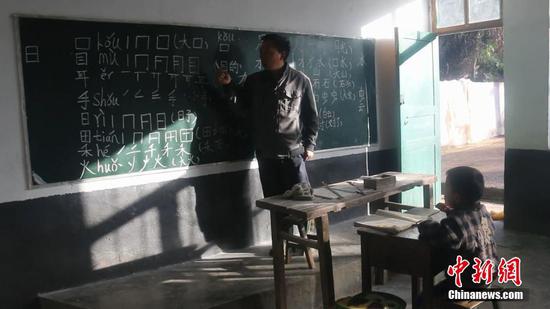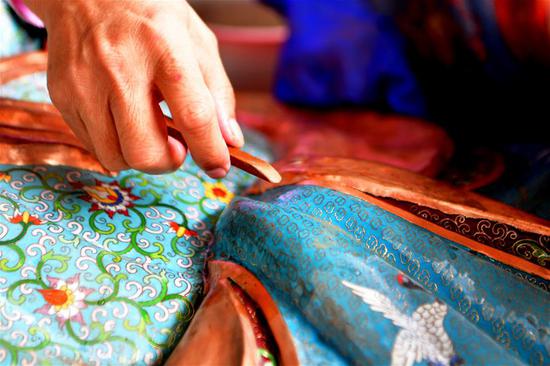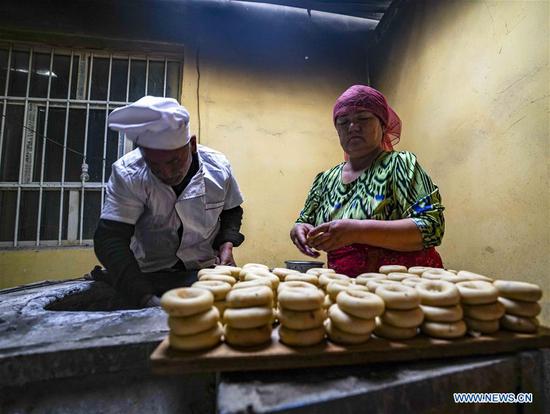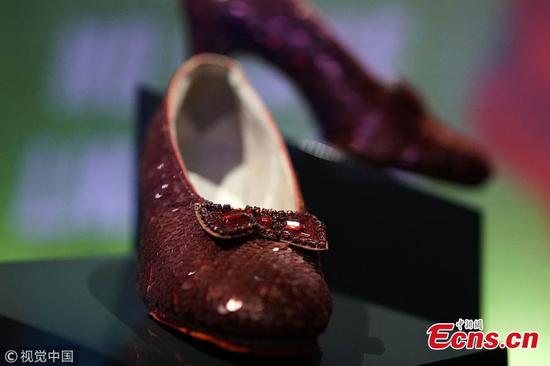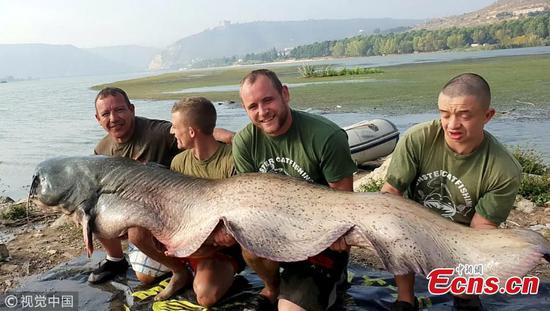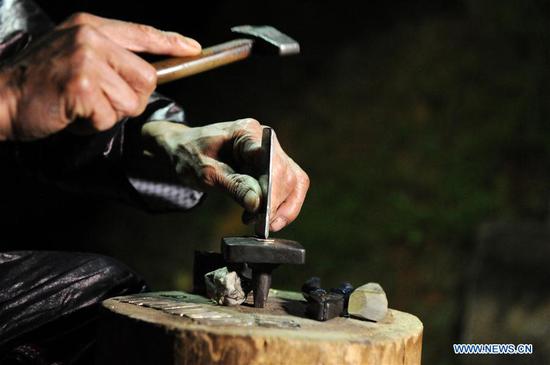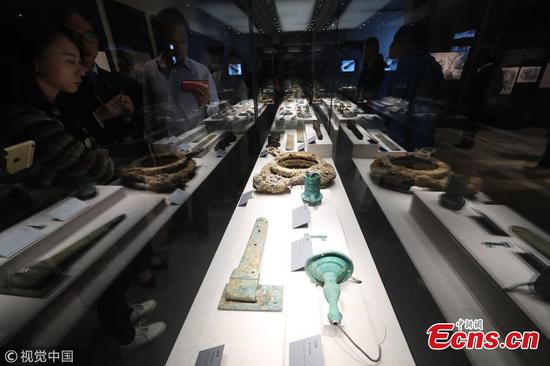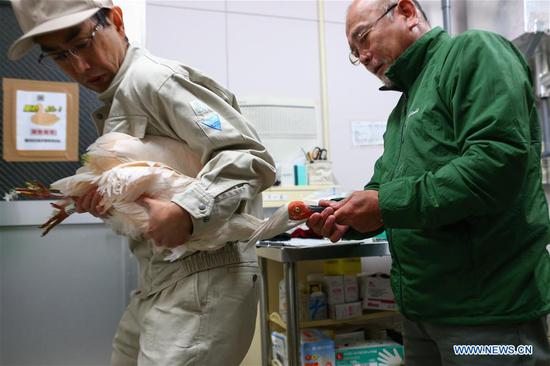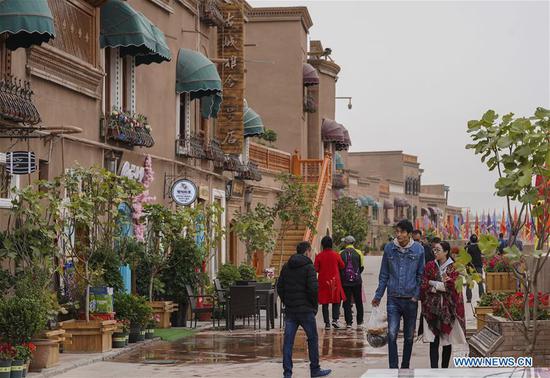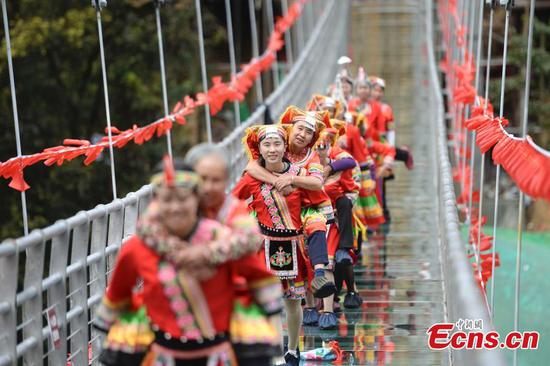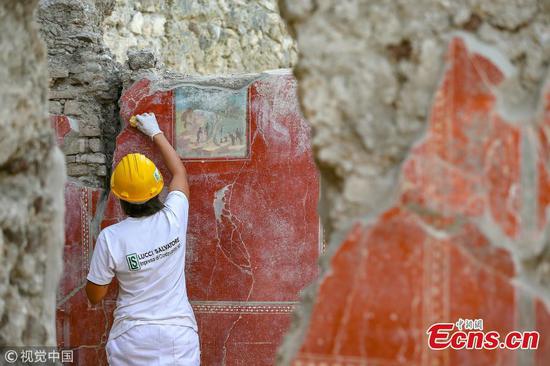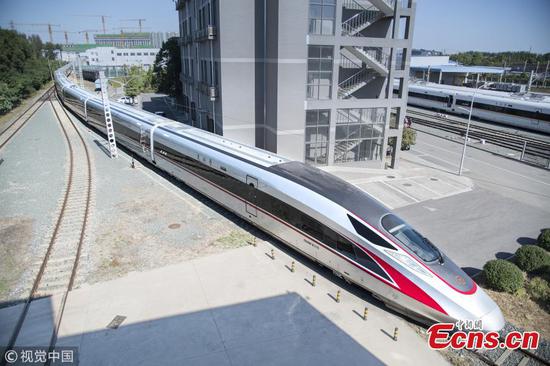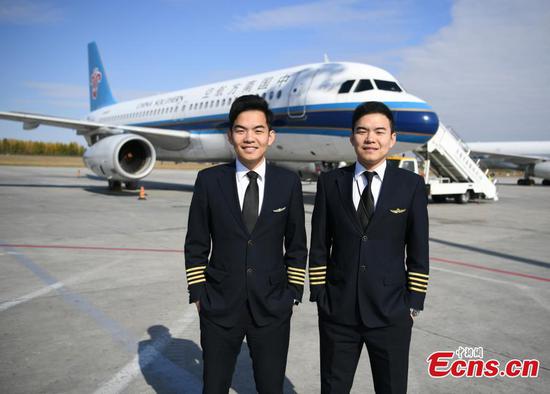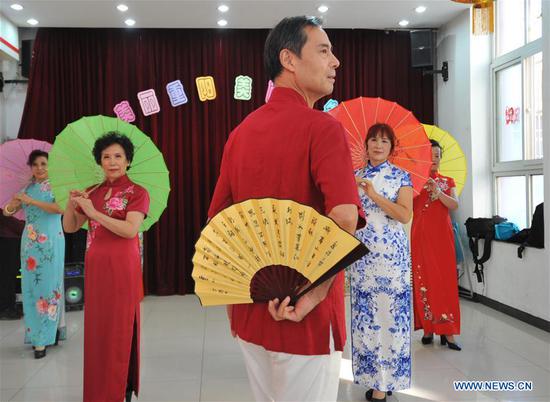○ Many Chinese make extra money by taking foreign goods into the country without paying tariffs
○?Starting in January 2019, rules will target this kind of tax evasion
○ Experts suggest lowering import taxes in response to massive demand
Miaomiao (pseudonym) was working part time in a hotel in Australia's Brisbane before she became a private shopping agent (known as daigou in China) to make some extra money while taking care of her baby.
"Australia's healthcare products and milk powder are favored by Chinese consumers," Miaomiao told the Global Times. "Milk powder in Australia is a big bargain compared with China."
Every week Miaomiao sends more than 50 tins of milk formula directly to her customers in China using an international courier after collecting orders from her customers via WeChat.
However, a new law in China promises to bring big changes to people smuggling foreign goods into China to avoid taxes, starting on January 1, 2019.
Miaomiao told the Global Times, "I will manage to send the milk powder back through every legal way, because the moms trust in and rely on milk powder from Australia. As for the luxury bags, I guess I will stop taking them to China personally."
Trillion-yuan business
A report released on 100ec.cn, a Chinese e-commerce think tank, shows that in the first half of this year, China's import volume on e-commerce platforms hit 1.03 trillion yuan ($151.4 billion), and the number will increase to 1.9 trillion yuan by the end of this year.
The report also shows that China has over 75 million frequent users of transnational online shopping services and the number will swell to reach 88 million at the end of 2018.
China's Legal Daily dubbed this a "trillion-yuan business without production but with circulation."
It's not an exaggeration to say that private overseas shopping agents have become important in many Chinese people's daily lives. However, smuggling, tax evasion, counterfeiting and personal information leakage have often made this business a target of public criticism.
A transnational online retailer said that shopping agents bring goods in the name of personal use to evade tariffs, and evade personal income tax after selling these goods, the Legal Daily reported on Tuesday.
On Zhihu, China's Quora-like question-and-answer platform, many articles uncover various "traps" related to daigou? and how to avoid them.
?"Everything can be forged, packages, receipts in different languages, anti-counterfeit labels and everything, there's no way to tell them from the real ones with the naked eye," an insider said in a post.
A man surnamed Lin in Ningbo of East China's Zhejiang Province said he was swindled by an online shop on Taobao, China's leading e-commerce platform. Lin told the local media that his wife spent 5,399 yuan ($794) on two pairs of sandals from an online shop on Taobao which claims to sell luxury goods. The sandals were proved to be counterfeit. The sellers admitted the fraud but refused to offer a refund and disappeared from the platform.
An anonymous courier told the Global Times that some courier companies provide a service to change the delivery address at the customers' request. "Your parcel might have been delivered from a domestic point of origin but you receive notification that it has been sent from a bonded warehouse," said the courier.
According to China's newly released e-commerce law, private shopping agents conducting business on WeChat Moments and streaming live platforms should register with the industrial and commercial administrative departments and pay tax accordingly.?
Taking effect on January 1, 2019, the law is China's first on the e-commerce sector.?
"The e-commerce law is necessary to control the lawless competition in e-commerce," said Liu Junhai, a business law professor with the Renmin University of China.
"The law explicitly defines illegal conduct in the e-commerce sector, and protects the consumers' legitimate rights," Liu told the Global Times.









